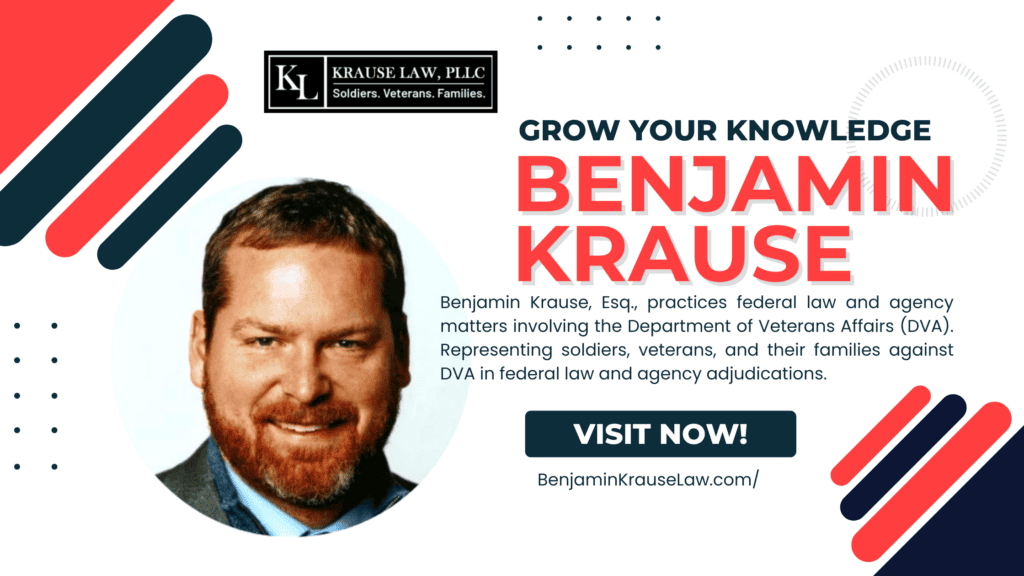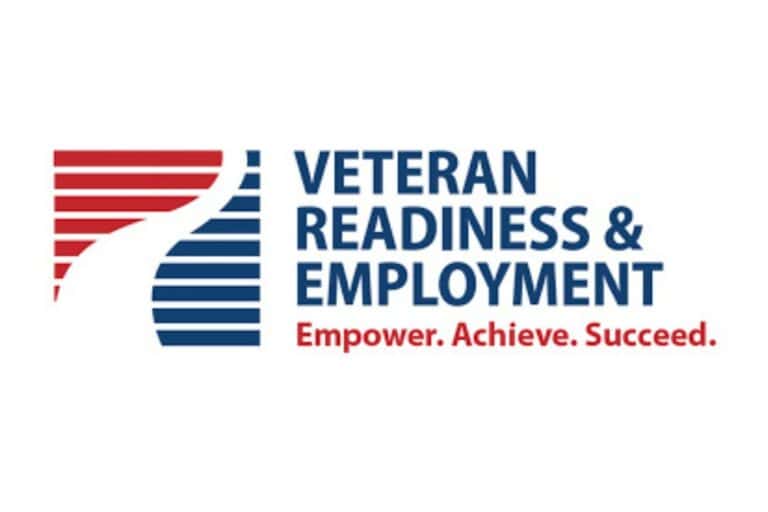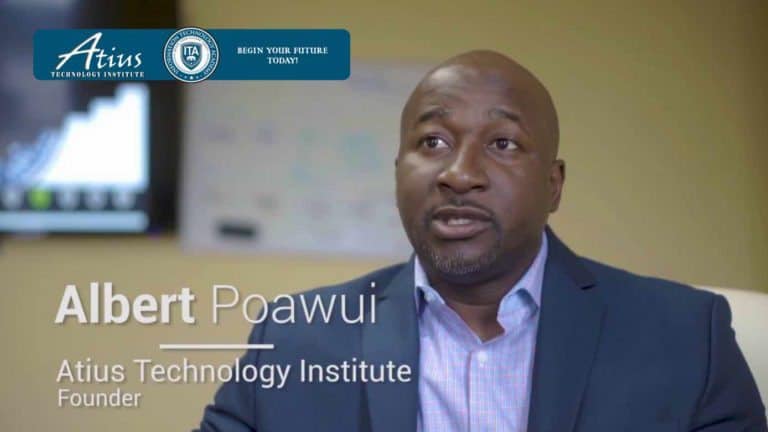VR&E Ends ‘Counselor Roulette’: What Veterans Need to Know
Big changes are coming to Veteran Readiness and Employment (VR&E), also known as Chapter 31 benefits. The Department of Veterans Affairs (VA) has officially put an end to what many veterans referred to as “counselor roulette”—the practice of applying and reapplying to VR&E until receiving a favorable decision. This major shift, effective February 10th, marks the close of a contentious practice and raises important questions about how veterans should navigate the new system. Let’s break it down.
What Is ‘Counselor Roulette’ and Why Is It Ending?
For years, veterans who were denied or received unfavorable decisions from VR&E counselors had the ability to reapply, often hoping to land a more favorable counselor the next time around. This workaround was a way for veterans to sidestep unfair denials and inconsistencies in the system, but it also led to inefficiencies and a backlog of cases with incomplete or weak evidence.
The VA has now decided to end this practice, implementing a stricter and more formalized process for appeals. Instead of reapplying, veterans must now follow defined appeal routes, such as filing supplemental claims or requesting higher-level reviews. While this change may improve efficiency, it also shifts more responsibility onto veterans to present well-prepared and thoroughly documented claims upfront.
What Does This Mean for Veterans Applying to VR&E?
Under the new system, veterans will typically only have one shot at applying for VR&E benefits. If denied, their options for appeal are limited and must follow specific procedures:
- If denied within one year: Veterans can file a higher-level review or a supplemental claim.
- If denied after one year: A supplemental claim with new and relevant evidence is required.
- Formal appeals: While possible, these can take years to resolve and should not be the first course of action.
Gone are the days of reapplying multiple times in the hopes of getting a better decision. Instead, veterans must ensure that their initial applications are as strong as possible, and those who receive denials may need legal or specialized assistance to navigate the appeals process effectively.
Why You Might Need Expert Help
With VR&E shifting to a more regimented system, veterans will need to be more strategic than ever. The VA frequently denies complex or high-value claims, especially for advanced degrees like law school or medical school. Without proper representation, veterans risk losing out on benefits worth between $100,000 and $300,000.
Attorney Benjamin Krause, a VA-accredited lawyer, underscores the importance of expert guidance:
“If you’re dealing with benefits that could range between $100,000 and $300,000, you need to bring in someone with experience. It’s not worth taking chances, especially with the VA’s team of attorneys reviewing these decisions.”
From navigating the nuances of supplemental claims to understanding how vocational goals align with VA guidelines, having professional assistance can mean the difference between approval and denial.
Contact Krause Law For More VR&E Appeals Information
What Should Veterans Do Next?
Here are some critical steps for veterans adjusting to the new VR&E process:
- Apply early: If you’re eligible for VR&E benefits, don’t wait—submit your application as soon as possible to avoid complications.
- Prepare strong evidence: Your application must be well-documented with new and relevant evidence, especially if you need to file a supplemental claim.
- Seek professional help: Consult with a VA-accredited attorney or experienced Veteran Service Officer (VSO) if you receive a denial or need advice on your claim.
- Know your options: Educate yourself on appeal types, including supplemental claims, higher-level reviews, and formal appeals.
VR&E is an invaluable program for veterans looking to further their education or transition into new careers. Taking the time to understand the new system and seeking help when needed can make all the difference.
Looking Ahead: A System That Requires Strategy
The end of ‘counselor roulette’ may feel like a loss of flexibility, but it also presents an opportunity for veterans to approach VR&E with more preparation and strategy. Whether you’re pursuing an advanced degree or vocational training, having a clear plan and strong evidence is now more important than ever.
If you’re feeling overwhelmed or unsure about your next steps, you’re not alone. My team and I specialize in helping veterans navigate the complexities of VR&E and other VA benefits. With over a decade of experience and a focus on high-stakes cases, we’re here to ensure you get the benefits you’ve earned. Reach out for a free consultation to explore your options.
Contact Krause Law For More VR&E Appeals Information
Final Thoughts
The changes to VR&E may seem daunting, but they don’t have to be insurmountable. By understanding the new system, preparing your case thoroughly, and seeking expert advice when needed, you can still achieve your goals and maximize the benefits you’ve earned through your service.
Are you currently navigating the VR&E process? What challenges have you faced, and what strategies have worked for you? Share your experiences in the comments below or join the largest Veteran Readiness and Employment Facebook group to connect with others and find support.







Call it a pet peeve but I just don’t understand why people call it “The VA” since it hasn’t been the Veterans Administration since 1989. It’s just incorrect grammar to say “The Veterans Affairs” – just use “VA” and appear intelligent and knowledgeable about the agency. SMH.
Trump should close down historically poor performing facilities and hand out insurance cards like pancakes. Instead, the VA will take money meant for veterans healthcare and continue to build facilities and add to the bogus system. It’s an outrage. Still denial of care is common… and the VA will blame the voters and politicians. Tell me how we should believe that when they have the money. It’s poor culture and non feasance without excuse. That’s why people are denied care and you’ll get no denial of care letter. They’re gonna gaslight you and play games until you leave. All of that is a human rights violation.
A word of caution to how you phrased “ VR&E is an invaluable program for veterans looking to further their education or transition into new careers.”. A common application mistake is treating VR&E like post 9/11 – an education benefit. The best way to view VR&E is as a job placement program through which education *may* be the route to get there. This phrasing sets the veterans reading this up for success in how they prepare their application materials as you stated in your article.
Those little CBOC clinics that unfortunately keep popping up everywhere need to only be staffed by three people…a psychiatric doctor, a primary care doctor, and an administrator, all approving community care. That way if denial of care happens we can know who to blame for sure. Then those mother fuckers should have to live in there to escape assassination. Same goes for the people above them. They should be in fear for their fucking lives constantly.
And why the profanity.
Daddy chill [with the calls for violence]
These VA secretaries are nothing more than rug sweepers and fixers for the president. They’ve proven that decade after decade, and they are tasked with making problems go away as opposed to solving problems. All top many times that means veterans go away because they’re disgusted with the problems which is just fine with the secretary so long as it doesn’t fall on the administration somehow. And like many who work for VA, especially those who make bogus claims and deny care, after a certain amount of years they’re gone and don’t have take responsibility for anything that happened. They talk about improvements and trying things but ultimately they’re responsible for perpetuating this bad system at all costs. That’s what they view there job to be. Just keep that in mind when you go in there along with the fact that your rights won’t be upheld by a federal court if they’re violated. At the end of the day they have unlimited legal resources, immunity, and the federal courts don’t see it as their duty to enforce your rights when it comes to this bad system for some reason. The federal courts work for the Congress and the executive branch one hundred percent but that’s not how our form of government is supposed to work.
I went there decades ago. I said, “Can you guys get me a job?” Nope, that’s not what they do. I walked out. I still don’t understand what they do. Looks like to me they’re paying someone to hand out money if you meet some list of criteria and you’re broke. Never understood what that had to do with work or why they needed to give someone a job at VA to hand out money. Sounds like a scam although it’s probably not. Who knows.